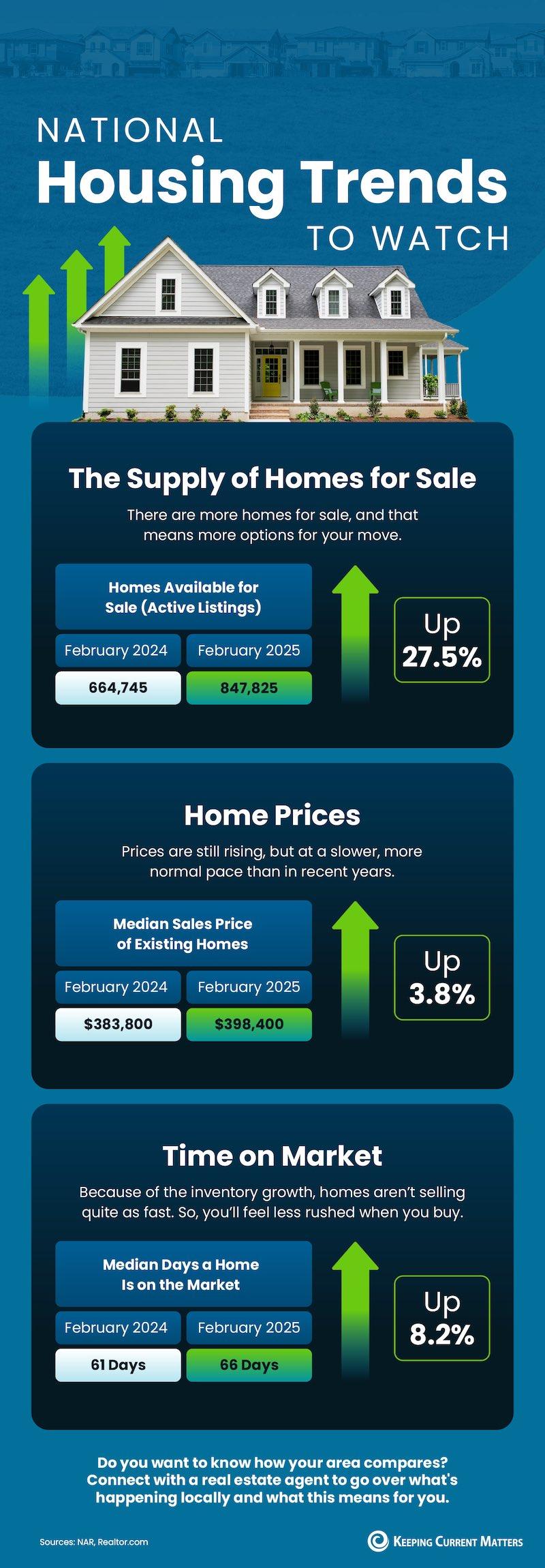

Is It Better To Rent or Buy a Home Today?
Some Highlights A study shows that 70% of prospective buyers fear the long-term consequences of renting. And here’s why. Rent usually rises over time and that can make it harder to save up to buy a home. But when you buy, you can stabilize your housing expenses and grow your net worth as home val
Read More

Are Investors Actually Buying Up All the Homes?
Are you trying to buy a home but you feel like you’re up against deep-pocketed Wall Street investors snatching up everything in sight? Many people believe mega investors are driving up prices and buying up all the homes for sale, and that’s making it hard for regular buyers like you to compete. B
Read More

How To Buy a Home Without Waiting for Lower Rates
Many people are hoping mortgage rates will come down before they buy a home. But will that actually happen? According to the latest forecasts, experts say rates will decline, but not by as much as a lot of people want. The good news? Even if they don’t drop substantially, there are still ways to m
Read More

The Return to Urban Living — Why More People Are Moving Back to Cities
After years of suburban and rural migration during the pandemic, cities have been making a comeback in the past couple of years. According to the National Association of Realtors (NAR), the percentage of people moving to cities has risen to 16%. While that may not sound like a big number to you,
Read More
Categories
Recent Posts










